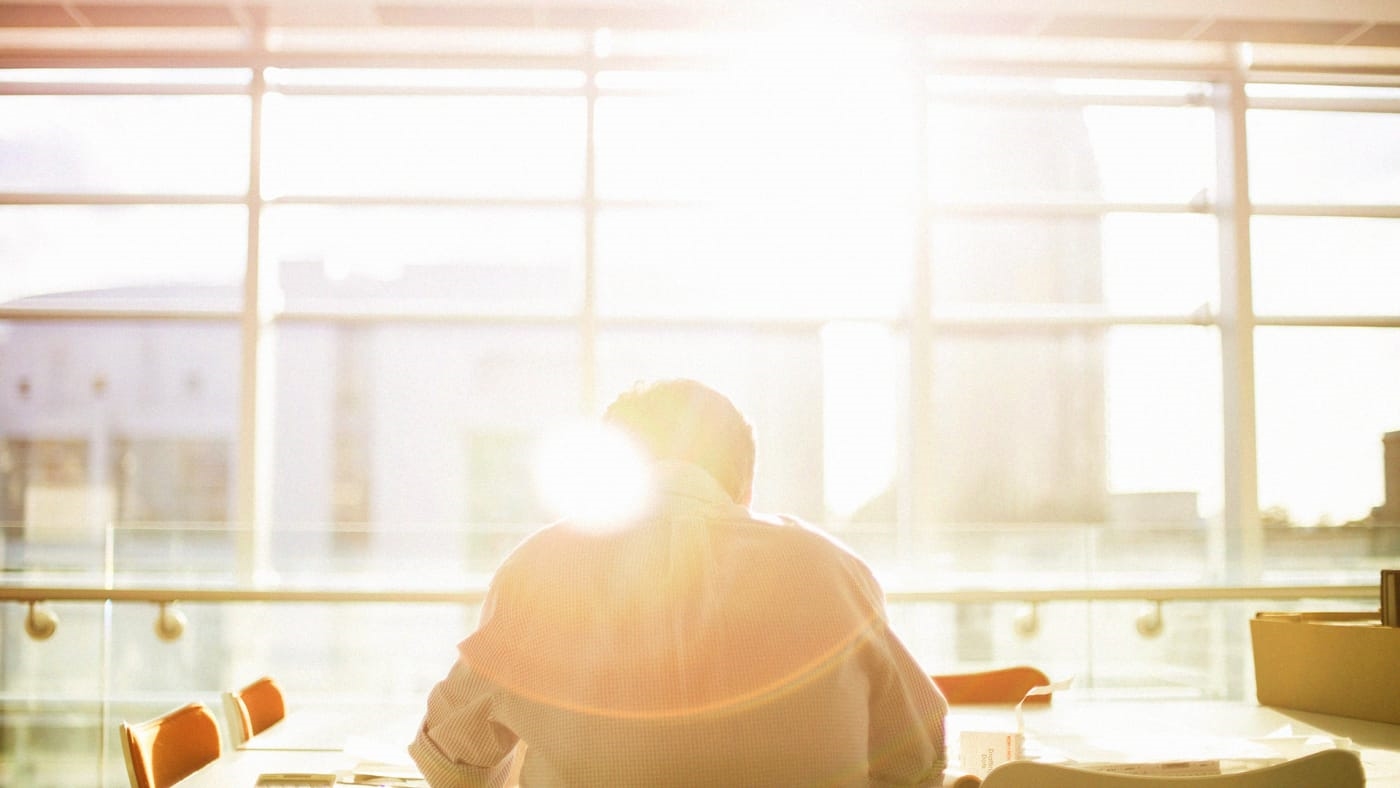How to use long summer days to boost your productivity
In the summertime, the days get longer and–depending on the typical weather where you live–hotter and sunnier, too. Researchers have found links between exposure to bright natural light and enhanced mental alertness, mood, and energy, which means now’s the time for folks in the northern hemisphere to take advantage of a seasonal productivity boost. Your first step is obvious: Go get some sun.
As sleep researcher Ivy Cheung and her colleagues explained in a 2014 study, “Light is the most important synchronizing agent for the brain and the body.” It’s no surprise that daylight can have physical and mental health benefits considering what we know about what happens to our brains and bodies in its absence. Seasonal Affective Disorder (SAD) is a common form of wintertime depression brought on in part because our brains tend to manufacture less of the happiness-boosting chemical serotonin when we aren’t getting as much sunlight.
Even very mild SAD can put your brain into “avoidance” or “withdrawal” mode, making it harder to feel motivated to work out, take social risks, and think creatively. It’s for that same reason that summertime, on the flip side, is a great time for making major life and career changes, breaking bad habits, and staying on track with a gym routine. Here are a few other ways to take advantage of the seasonal boost.
Take a risk
Your brain may feel safer plunging into big, daunting goals in the summertime, particularly those that require taking social risks, meaning that now’s the time for asking someone out on a first date or requesting a promotion. Since daylight tends to boost the cognitive processes that lead more “approach and engage” behaviors–the opposite of what happens in SAD sufferers–these stressful conversations might be a bit easier to tackle.
If you’ve ever visited or lived in the Pacific Northwest, the San Francisco Bay Area, or the U.K., you know firsthand that people tend to hibernate once the dark and cloudy winter days set in. The further north you go, the higher incidence of SAD sufferers you’ll find, as an early-morning light fix is further delayed. So soak up those summer rays while you can, then get out there and interact with people. Your brain will be better primed to step out of its social comfort zone.
Pick the window at work
If you can, work by a window or even take your work breaks and lunches outdoors, especially in the afternoon when energy and productivity tend to dip. There’s some research to suggest that people who work in offices with natural daylight are more productive and happier than those who toil under artificial lighting. One study found that people who work in windowed offices spent significantly more time (15%) on work-related tasks than those who don’t, and another linked light conditions to how well-rested workers felt and their overall vitality.
But if you can’t duck outside very often during the workday, you might still be in luck. Some researchers believe that getting even a mild amount of daylight in the evening (for example, on your commute home) can shift the sleep/wake cycle and the body’s regulation of the sleep hormone melatonin. So as a result of the summertime’s later sunsets, you may feel alert until later in the evening. As long as you’re not feeling tired during the day for other reasons, losing a bit of sleep in order to gain a little more productive time might not come with the trade-offs it would in the winter.
Retool your workout routine
Many people set ambitious exercise goals after New Year’s, trying to whip themselves into shape in the depths of winter. It rarely works. But summer gives you a chance to maximize your mornings since sunrise comes earlier, especially if you make it a point to open your blinds and let yourself wake up naturally, with the sunlight streaming in, to help curb the urge to hit snooze for an hour. If you can push yourself to get to the gym or go for a jog outdoors, you may find it less painful than in the winter, when restricted daylight keeps you feeling sleepy longer into the morning and makes you nod off earlier in the evening, creating natural barriers to exercising before or after work.
Don’t feel like breaking a sweat? Use this extra morning time for creative time, catch up on emails, meditation, or a combination of each. Or, hey, just grab a cocktail and socialize with some friends or colleagues after work, since it’ll still be light out by 8 p.m. Those bonds count for something, too.
Dr. Dani Gordon (@AskDrDani) is a Canadian double board-certified medical doctor and mental performance trainer. She is also the cofounder of Zenbrainlab.
(27)



